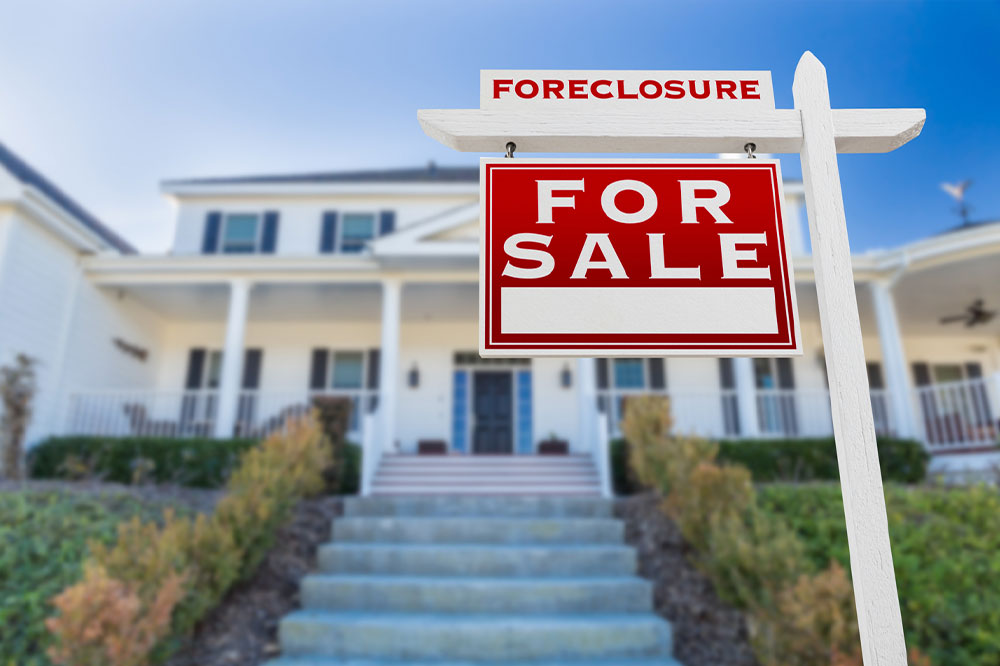
Foreclosed homes – Types, financing options, and more
People looking to buy property are often drawn to foreclosed homes because of their attractive prices. These homes are among the top considerations whether a person is looking for a new place to stay or diversify their investment portfolio. This guide delves into the world of foreclosure homes, exploring their types, financing options, and how to find units for sale. It will help you navigate the foreclosure market and strike a better deal.
What are foreclosed homes?
Foreclosed homes are also called bank-owned or real estate-owned (REO) homes. These are properties the bank or lender has taken back after the homeowner failed to make mortgage payments. The homes are typically sold at a discounted price to recover the outstanding debt. Foreclosed homes offer buyers an opportunity to purchase properties at below-market value.
What are the types of foreclosed homes?
There are several types of foreclosure homes, each with unique characteristics. Understanding these types can help buyers identify the most suitable opportunities. The common types include the following:
- Judicial foreclosed homes
- Non-judicial foreclosed homes
- Pre-foreclosed homes
- Auctioned foreclosed homes
- Bank-owned foreclosed homes
How to finance foreclosed homes?
When purchasing a foreclosed home, buyers can avail of several financing options. However, most people apply for a loan. The popular types of loans one can consider include:
- Traditional mortgages
- Federal Housing Administration (FHA) loans
- Veterans Affairs (VA) home loans
- U.S. Department of Agriculture (USDA) loans
- Loans by private lenders
How to find foreclosed homes for sale?
Buyers can utilize various resources to find such homes for sale. Popular examples include the following:
- Online listings
Many real estate websites feature foreclosure listings, allowing buyers to search for available properties based on location, price range, and other criteria. - Real estate agents
Working with experienced real estate agents who specialize in foreclosures can provide access to exclusive listings and expert guidance throughout the buying process. - Public records
Buyers can search public records at local government offices to identify properties in the foreclosure process.
What are foreclosure auctions?
Foreclosure auctions are an essential part of the foreclosure process. Here’s a breakdown of how they work:
- Purpose
Foreclosure auctions are held to sell properties that the lender or bank has repossessed after the borrower defaulted on mortgage payments. - Public auctions
These are typically public events held at a designated location, such as a courthouse or an auction house. - Competitive bidding
Interested buyers bid against each other to secure the highest bid on a property. - Cash requirement
Most foreclosure auctions require winning bidders to pay in cash or provide a cashier’s check for a percentage of the winning bid. - Time and date
Auctions are scheduled in advance, and buyers must be present at the specified time and date. - Auction websites
Foreclosure auction websites provide information about upcoming auctions and the properties available for bidding.
Foreclosed properties offer exceptional prospects for buyers and investors searching for discounted real estate. But one must thoroughly understand the ins and outs of purchasing, selling, and financing them to succeed in this market.




